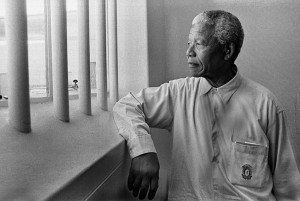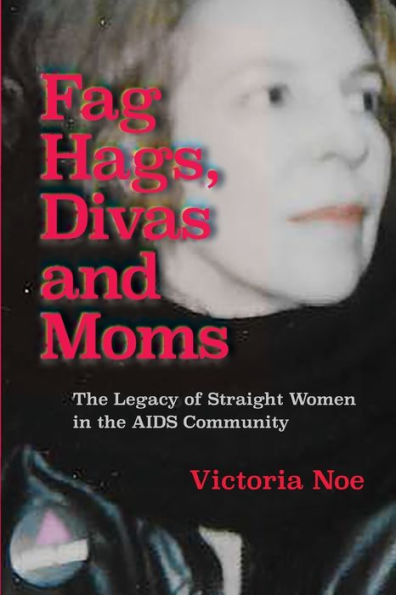Watching Nelson Mandela Die
Jul 12, 2013 by Victoria Noe, in baby boomers
, death
, dying
, living wills
, Nelson Mandela
, wills
There are few recognizable names that evoke as much respect as Nelson Mandela. His dignity and sense of purpose in changing his South Africa have inspired millions around the world.
It pains me now to watch the news, not of his failing health, but of his very public, forced lingering. Now on a ventilator, he cannot speak, but also cannot die.
No one wants to think about death. It’s probably the least popular topic of conversation imaginable. But talk about it we must, or risk complications beyond our imagination.
Many people never put their wishes in writing. According to an online legal service, Rocket Lawyer, 71% of adults under 34 do not have a will; 41% of Baby Boomers do not. Another legal service, FindLaw, reported that only 36% of people have a living will. (And yes, I have both.)
A lot of people don’t see the need to go the expense of a lawyer (though that’s not always necessary). A lot of people don’t think they have enough assets to make it worthwhile. Others will say “my family knows what I want”.
But a lot of us have heard horror stories of families fighting over the things left behind. Not all families will honor a person’s wishes when it comes to their medical care. Someone who did not want extraordinary measures taken could be at the mercy of a family member who believes in trying every intervention possible.
So, no, it’s not something we want to talk about. It’s unpleasant. It’s awkward. But you would be doing a kindness to those left behind. You will have taken the responsibility for yourself, instead of leaving it to someone who must not only deal with their grief, but now make financial and medical decisions without your direction.
I purposely did not quote the article below. I want you to read it. Think about whether this is the kind of death Nelson Mandela imagined for himself. Then imagine it’s you.


